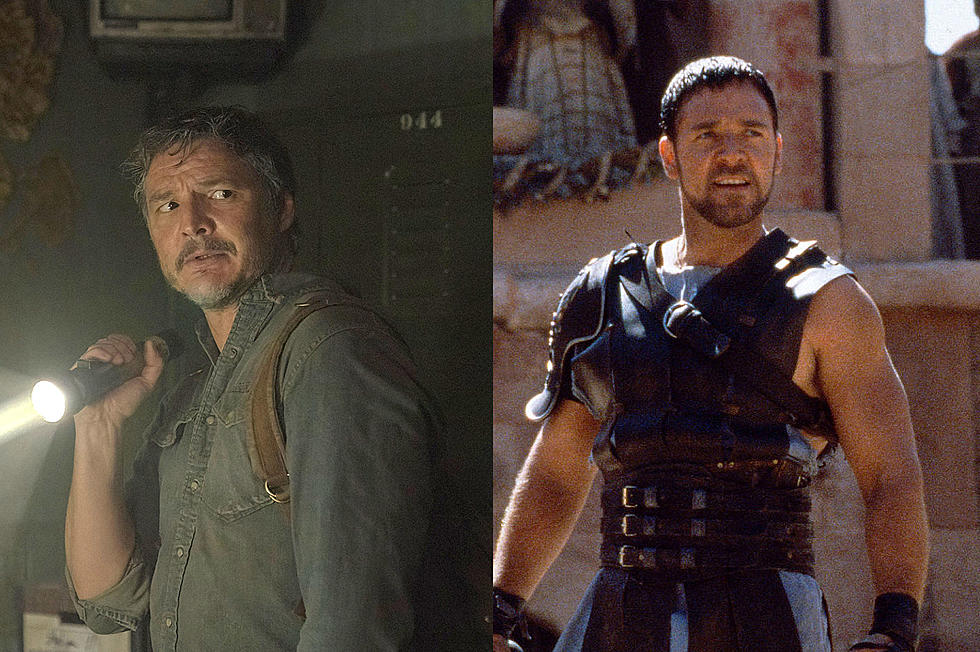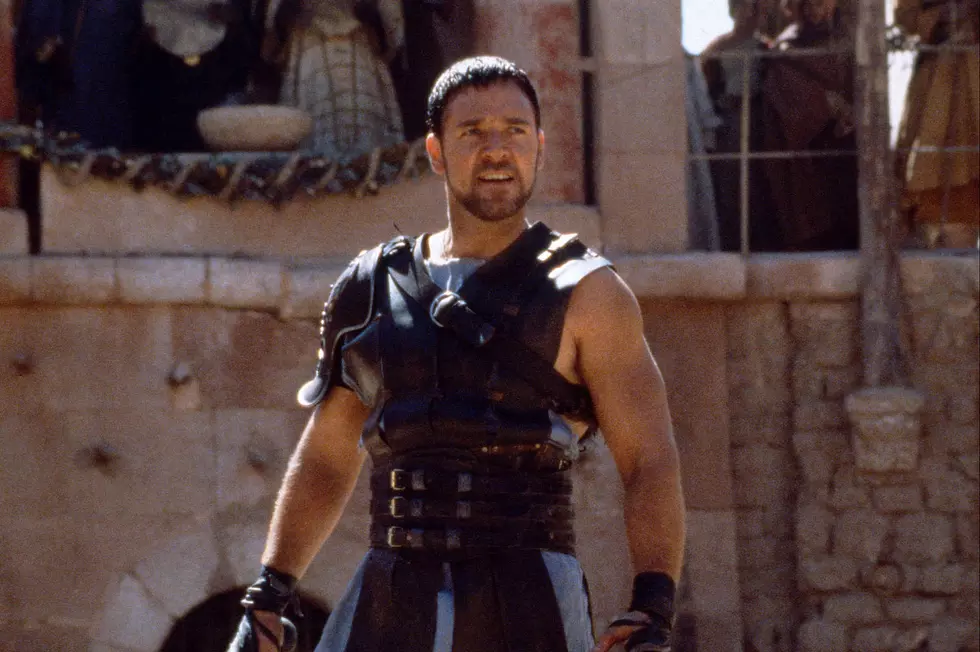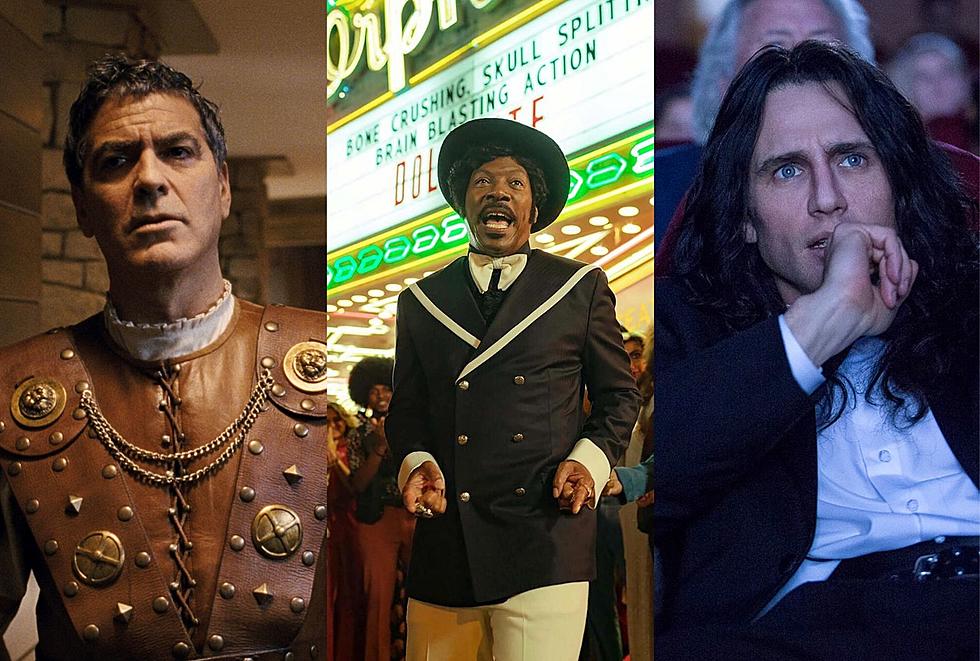
The 10 Most Historically Inaccurate Movies
Period films give us a glimpse into what life was like during a completely different era of history. Well, sort of. They may give us an idea how people lived, but since they’re movies, we need to leave room for a certain degree of artifice. Movies are designed to either entertain us, or to explore universal themes, or to provide a feast for our senses. They’re not designed to tell us the truth, and nothing but the truth.
So, that’s why it’s not surprising to learn that some of the most popular period films ever made are full of historical inaccuracies. As with most films based on true events, creative liberties are taken to ensure the narrative flows in an effective, compelling way. But when you add the period element — think ancient civilizations, English royal society, or wars that spanned multiple years — there are even more opportunities for facts to be replaced by fiction. It could be a certain style of clothing that hadn’t been invented yet, or the inclusion of a historical figure who, by all accounts, shouldn’t have been alive during the events of the film.
In some cases, these changes feel completely warranted. Reality is almost always messier than what’s presented to us on the big screen, and leaving out certain details results in a more satisfying end result. Other times, the inaccuracies are so glaring and obvious, they take us out of the film entirely. Here are ten period movies that relied on audiences’ suspension of disbelief to tell their (mostly) true stories.
Historical Movies That Are Wildly Inaccurate
The Sexiest Period Dramas to Stream at Home
More From 92.9 The Lake










